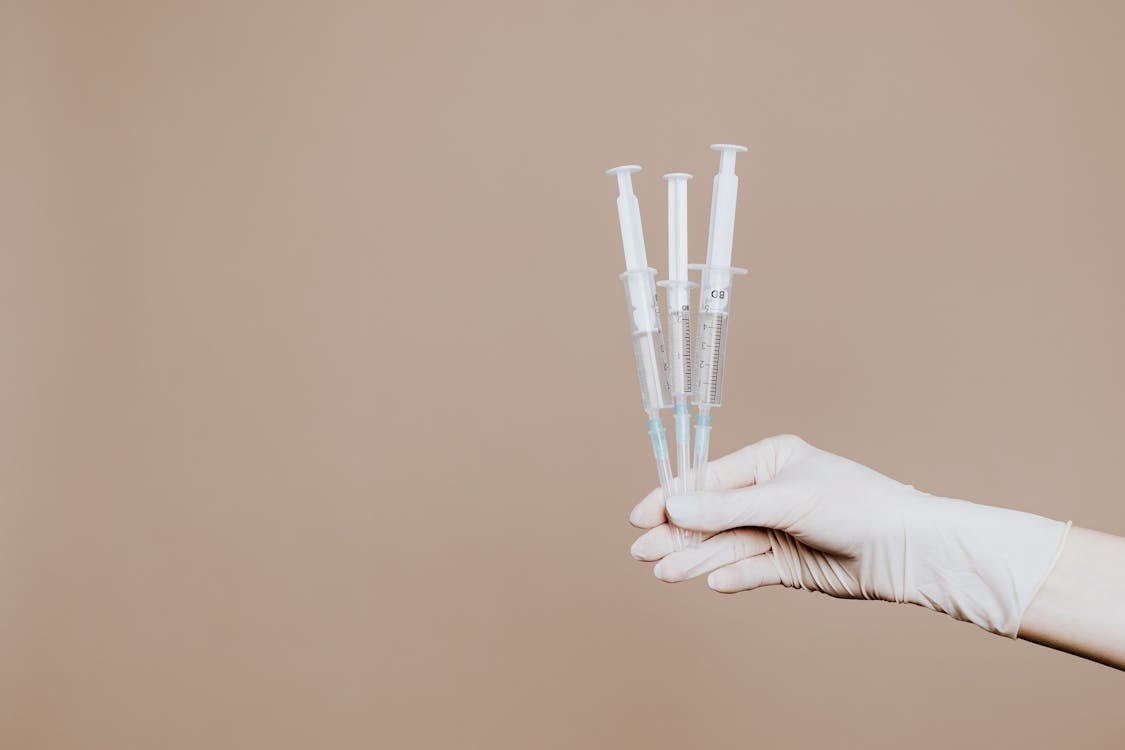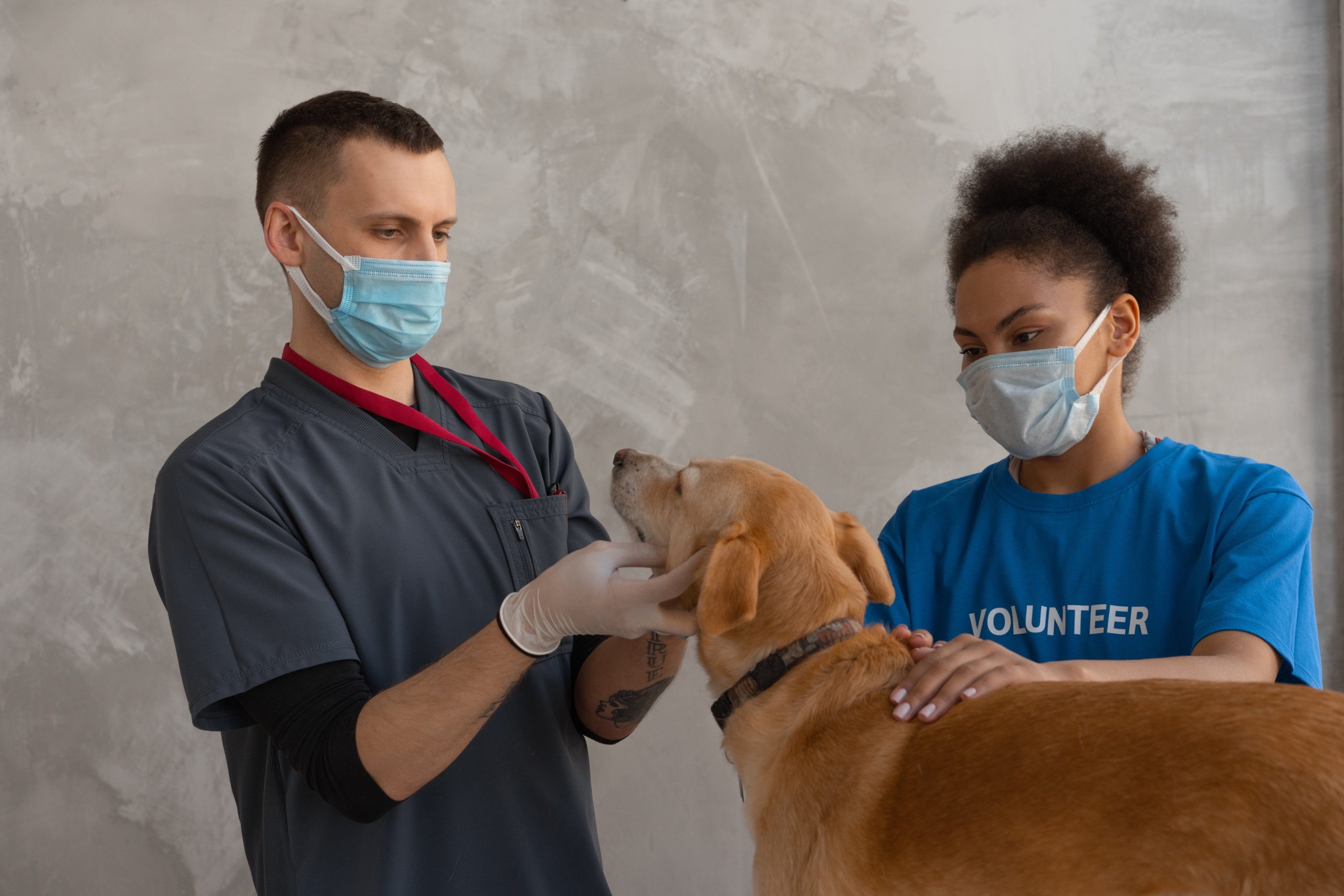Bringing a new puppy or dog home is easily one of the best feelings in the world. Your new pup is going to be relying on you for everything, from being fed to being their favourite playmate.
All fun aside, being a dog owner comes with its own set of responsibilities; making sure your furry friend gets all its vaccinations in time is one of the key ones.
Since the advent of the pandemic, we’ve all been made more than aware of the importance of getting vaccinated ourselves. Getting your dog vaccinated is just as vital because it prevents them from contracting painful and sometimes life-threatening illnesses. With that, here’s our ultimate guide to vaccines for dogs.
Why should you get your dog vaccinated?
Antigens in vaccines mimic disease-causing organisms in the immune system, but they do not cause disease. The goal of vaccinating your puppy/dog is to stimulate the immune system by causing it to detect antigens that are present.
If a dog is exposed to the actual sickness, its immune system will detect it and be ready to fight it off, or at the very least mitigate its consequences.
When should I start getting my dog vaccinated?
In general, a puppy should begin vaccinations at 6 weeks, with certain vaccines having to be administered yearly. If the mother’s immune system is healthy, the puppy will most likely absorb antibodies in the mother’s milk when nursing. Vaccinations should begin when a puppy has been weaned off the mother’s milk.
Core vaccines and when your dog should get them

Rabies + Parvo
6 weeks
As you most likely know, Rabies is a zoonotic (spread from vertebrate animals to humans) viral illness that is fatal, but entirely preventable. People, pets, livestock, and other mammals are frequently infected when they are bitten, scratched, or licked by a rabid animal.
According to the Ministry of Health, 20-30 people die from rabies annually in Sri Lanka. While it’s possible to contract Rabies from cats and certain wild animals, dogs are the most common carriers of the virus.
Canine Parvovirus is a highly contagious virus generally classified as a disease of the stomach and small intestines. It can also infect the bone marrow, the lymphopoietic organs, as well as the heart in some cases.
Both the Rabies vaccine and the Parvovirus vaccine must be given to your puppy when it is 6 weeks old. Remember that the Rabies vaccine should be administered yearly, without fail.
DHPL Vaccine
8 weeks & 12 weeks
The DHPL vaccine is a combination vaccine administered to prevent the contraction of a variety of diseases. The vaccine is typically injected subcutaneously (under the skin). Your puppy should receive two doses of this vaccine, at 8 weeks and 12 weeks of age.
DHPRL Vaccine
16 weeks & 1 year
The DHPRL vaccine is also a combination vaccine that acts as a precaution against 5 different diseases. Your pet should ideally receive this vaccine twice as well, at 16 weeks and 1 year.
The DHPRL vaccine should also be given to your dog every three years for it to be continually effective.
Dogs will be less likely to become unwell as a result of vaccine protection against extremely infectious and potentially fatal viruses and germs. You may rest assured that your puppy will be playing with fully vaccinated buddies if all dogs in the group are up to date on their vaccinations.
Are yearly vaccinations for dogs necessary?
Both the Rabies vaccine and the vaccine for Leptospirosis (Lepto for short) should be given to your dog yearly. Leptospirosis is a zoonotic, bacterial disease that attacks the liver and kidneys.
Do dog vaccinations have side effects?
Any medication or vaccination has possible side effects, but the benefits of the vaccines always outweigh potential risks. Do remember to monitor your pup after they receive their vaccinations, to make sure that they’re doing completely alright. Mild symptoms will most likely pass with time, but if you spot your pup going through a particularly hard time, do contact us or your local veterinarian immediately.
How can I schedule an appointment to vaccinate my dog?
Wondering how to schedule an appointment to vaccinate your new pup? Reach out to us to set yourself a vaccination schedule so that your pup will get all the necessary vaccines in time. You can also find out about a deworming schedule for your pet, which is just as important as getting them vaccinated.
A dog vaccination plan, like any other immunization routine, should be followed religiously to guarantee that your canine companion is healthy, happy, and well for the rest of his or her life. Make an appointment for your canine buddy to get vaccinated right now.


